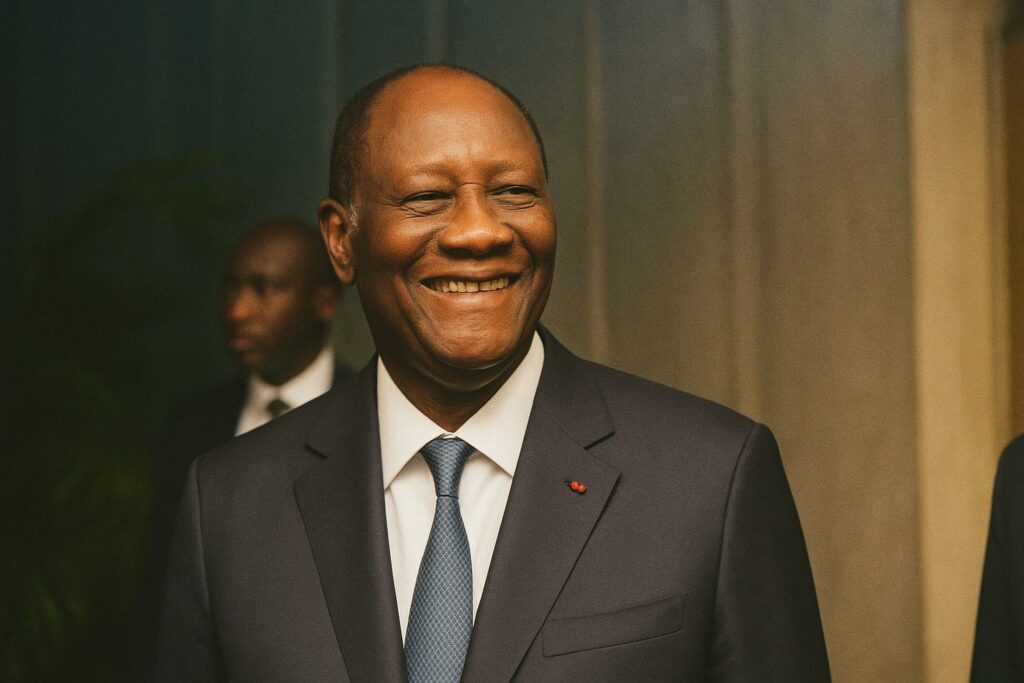An unexpected ballot upset in Abuja
In a closed-door vote on 22 June in Abuja, delegates to the 67th Ordinary Session of the Economic Community of West African States (ECOWAS) Commission defied the long-standing convention of linguistic alternation. The Sierra Leonean head of state, Julius Maada Bio, secured a simple majority, edging out Senegal’s Bassirou Diomaye Faye, whose candidacy had been widely regarded as a fait accompli by analysts and diplomats alike (Reuters, ECOWAS communiqué). The scene was almost theatrical: moments after touching down in the Nigerian capital, Faye was being congratulated for a victory that never materialised.
Francophonie’s waning leverage inside the bloc
For decades the unwritten rule of anglophone-francophone rotation served as institutional lubricant in ECOWAS politics. With only five francophone members remaining after the Sahelian exodus, that equilibrium is eroding. Senegal’s foreign ministry officials, speaking on background, conceded that Dakar had relied too heavily on tradition and underestimated the nimble lobbying capacity of anglophone partners, particularly Abuja and Freetown. Local media in Dakar spoke of a “diplomatic misfire”, a verdict echoing through editorial pages from Abidjan to Cotonou.
The psychological blow is amplified by a sense of déjà-vu: in late May, a Mauritanian candidate clinched the top job at the African Development Bank, again sidelining Senegal. Taken together, the two defeats have sparked parliamentary inquiries in Senegal on the country’s strategic positioning and alliance management.
The AES withdrawal and its strategic reverberations
Mali, Burkina Faso and Niger formalised their exit from ECOWAS in January, consolidating the Alliance of Sahel States (AES). Their departure, motivated by sanctions and accusations of undue external influence, shrank the francophone cohort and stripped ECOWAS of three militarily pivotal members. United Nations data show that in 2023 those Sahelian armies constituted more than a third of regional counter-terror forces (UN Security Council report S/2024/115). The geopolitical vacuum not only complicates collective security planning but also recalibrates vote arithmetic within the Commission.
An emergent Anglophone-Lusophone coalition
Diplomatic sources in Abuja describe a meticulously choreographed alliance: Nigeria’s Bola Ahmed Tinubu spearheaded overtures to Cape Verde and Guinea-Bissau, both Portuguese-speaking but historically non-aligned in linguistic turf wars. Their swing support proved decisive for Bio. Analysts at the Institute for Security Studies note that Abuja, facing economic headwinds at home, sought a symbolic victory to reaffirm its regional primacy. For the Lusophones, alignment with the anglophone camp offers leverage on maritime security initiatives in the Gulf of Guinea, an agenda often overshadowed by Sahelian counter-terror narratives.
The conspicuous absences of Ouattara and Gnassingbé
Equally telling were the empty seats of Ivorian President Alassane Ouattara and Togo’s Faure Gnassingbé. Officials cited scheduling conflicts, yet diplomatic circles whispered about domestic constitutional manoeuvres that could sit uneasily with ECOWAS’s freshly minted 2025–2026 theme of “Strengthening Democracy and Constitutional Order”. A veteran West African ambassador remarked that the optics of absenteeism were “louder than any vote”, hinting at a widening gap between normative declarations and incumbents’ political realities.
Bio’s governance record under the microscope
Supporters of Julius Maada Bio argue that his prior experience as a military leader turned elected president embodies the kind of political reinvention that might entice AES juntas back to the table. Critics counter that Sierra Leone’s 2023 polls drew censure from the European Union’s observation mission for “statistical inconsistencies” and limited transparency (EU EOM preliminary statement, June 2023). Moreover, governance watchdogs have placed Freetown under scrutiny over allegations of narcotics trafficking through its Atlantic ports. Photographs circulated in January 2025 appearing to show wanted Dutch trafficker Jos Leijdekkers at a family event attended by Bio have further complicated the narrative, though the presidency has denied any association.
ECOWAS at fifty: crossroads or cul-de-sac?
The Commission’s golden jubilee was intended to celebrate three decades of free movement and collective security. Instead, it exposed a fault-line between an ambitious normative framework and faltering implementation capacity. Former Nigerian foreign minister Aminu Wali observes that “regionalism is only as strong as its weakest commitment; right now commitments are selective and transactional.”
Bassirou Diomaye Faye’s concession, delivered in polished diplomatic prose, called for “revitalising unity and operational efficiency”. Whether such aspirations survive the centrifugal forces now at play will depend on Bio’s ability to build cross-linguistic coalitions, reassure private investors rattled by the Sahelian insurgencies and navigate member states’ democratic backsliding. The Abuja upset may yet prove a catalyst—either for overdue reform or for accelerated fragmentation.

